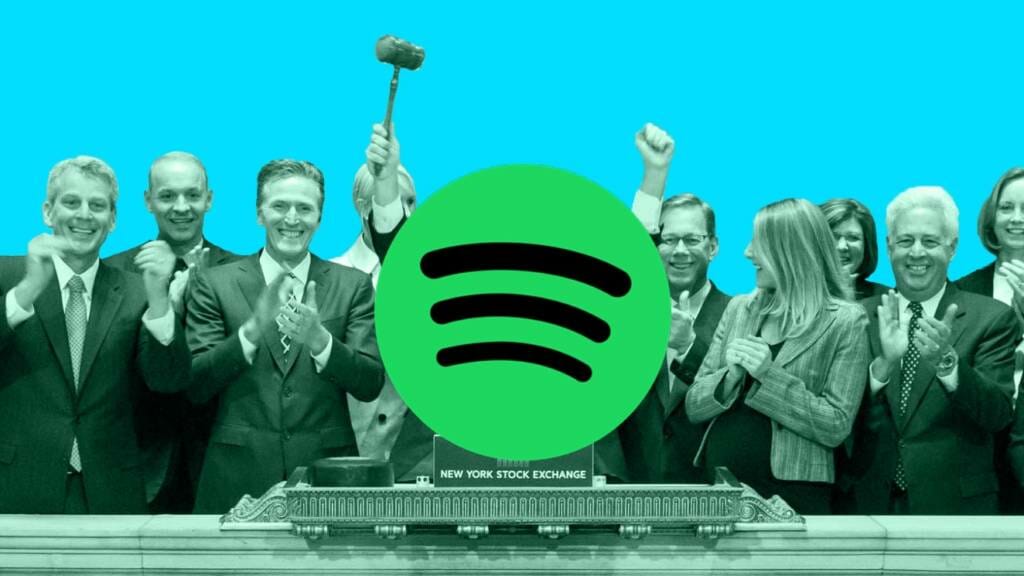Spotify has confidentially filed for an IPO with the US Securities and Exchange Commission, Axios first reported Wednesday. This is a further step in the music-streaming service’s plan to become the largest company in the US to ever pursue a direct listing for selling its shares later this year.
Taking advantage of recently relaxed SEC rules that permit companies of any size to get feedback and work out kinks for their IPO before notifying the public, Spotify will not have to publicly disclose its financial information until just two weeks before its shares become available. This private filing will also permit the brand, reportedly valued at $19 billion, to renege on its IPO entirely in the case of a market downturn, or fears over volatile stock.
Spotify may end up having to exercise this right, as its approach to its IPO is unprecedented for companies of its size. Rather than offer large, long-term investors first dibs on company stock, Spotify will put its shares directly on the New York Stock Exchange for anyone to purchase.
There’s a reason that large companies haven’t attempted direct listings before. Large investors interested in long-term gains are significantly less likely to quickly dump stock at the first sign of trouble, which keeps the company value much more stable. By sidestepping this cohort, the Spotify IPO is likely to see more volatile stock prices, especially early on.
But this tactic also carries a number of advantages—it’s much cheaper than the traditional IPO method and the current Spotify shareholders will not need to dilute the value of their own holdings.
It remains to be seen exactly how or when the Spotify IPO will play out, but its circumstances have been fairly shaky of late. Last week, Wixen Music Publishing filed a $1.6 billion lawsuit against the company for allegedly using thousands of its songs without paying licensing fees.
Spotify has not commented on the legal matter and will proceed with the IPO nonetheless, according to Reuters.

